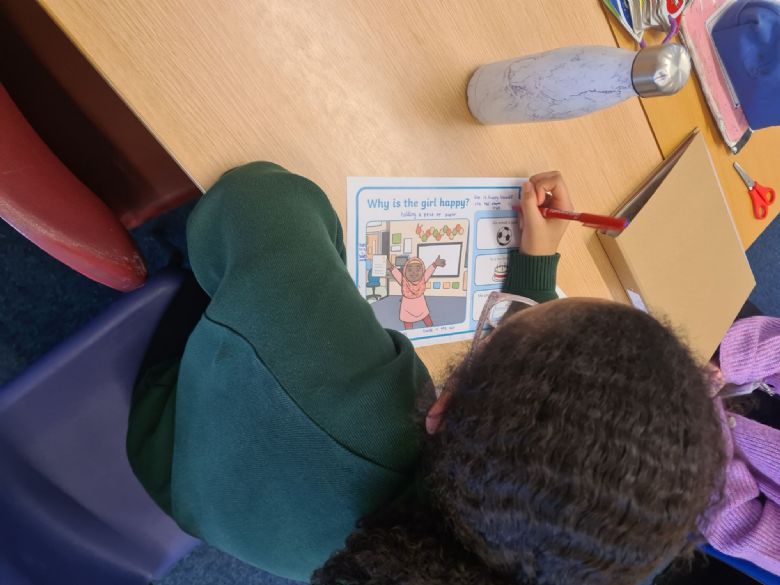Mental Health & Wellbeing
At Catshill Middle School, the wellbeing of our pupils is our top priority. We are currently adapting the support that we offer in school and look forward to rolling out a new programme of support soon.
In the meantime, please download and read through the list of services in the pdf. This document recommends some services to support different aspects of mental health.
A list of Catshill Middle School's suggested mental health support agencies can be found by clicking here.
The Hub of Hope is a search engine that will help you locate mental health services in your local area.
The NHS Mental Health Services will help you locate NHS mental health services.
Fun digital therapy for childhood anxiety.

Kooth is a free, safe and anonymous place for young people to find online support and counselling. This short video gives more information about how Kooth can benefit you and your family.
The Orchard Room
A typical day starts with a morning meet and greet for those pupils who may find it difficult to come into school (for a variety of reasons). Once in school, Mrs Dix, is able to sit down with pupils, go through their timetable and talk about the day ahead. Once the bell goes, they will join their friends and peers in the first lesson.
Throughout the day, structured interventions will take place, either individual mentoring or in small groups. All sessions will be monitored and evidence based, so there will be a record of their progress, which helps determine the next step for the individual pupil. Every session in Orchard is confidential, unless safeguarding concerns are raised. Parents/carers will have the opportunity to discuss progress and recommendations.
Sessions will cover:
Social Skills
Social Competency
Health Promotion
Friendships
Anxiety
Stress
Low Mood
Bereavement
Speech & Language
Emotional Intelligence
Confidence Building
Any interventions that are with an outside agency, for example, YMCA or Touchstones are also facilitated by our MHP, and take place in The Orchard Room.
There is no time limit at Orchard, we work with our pupils as long as they need. Sometimes this is short term, sometimes for their duration of time at Catshill. The 'one size fits all' approach does not work and our MHP and all staff at Catshill work hard to make sure each pupil receives the individual interventions and support they need, not just for their time at CMS, but to prepare them for when they do leave us eventually.
Any member of staff is able to make a referral to The Orchard Room, so if this is something you feel would be beneficial to your child, please speak to your child's form tutor in the first instance.


